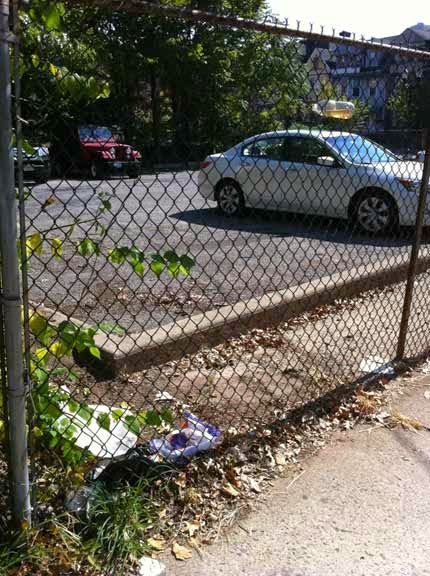Dearest
Readers,
Here I
am, third row, far right with my kindergarten class from the Academy of Saint
Aloysius in Jersey City NJ, 1952. We’re gathered in the blinding sunlight
around the Lincoln statue for our graduation picture. My grammar school/high
school was adjacent to the entrance to Lincoln Park. (The building exists
today, but is now a charter school.)
And
here I am last week, back in front of Abe Lincoln, this time taking selfies
with my grandson Henry–
My daughter Ayla, her partner Joel, and little Henry are staying
in Jersey City from Portland, Oregon for the month of August. I got to visit them and my old "stomping grounds".
In many
ways Jersey City remains the same. The people and a few buildings have changed,
but it continues to be a landing place for first and second generation
immigrants coming to America through New York City. It is an easy “Path”
subway ride under the Hudson River to the World Trade Center or midtown
Manhattan. My Dad commuted to Brooklyn this way to work. (Mom and I moved to
Vermont, her family home, in my mid teens after Dad passed away.)
I
learned that Jersey City is the second most diverse city in the USA, after San
Diego. I’m not surprised. When I was a kid, the big ethnic groups in the same
neighborhood were Irish, Polish, Jewish and Italian with a smattering of German
families. Many friends spoke another language to an aunt or grandmother
(Italian, Yiddish). We were wildly nationalistic. On St. Patrick’s Day, some of
the Italian kids wore red to counter the green we wore to school. Columbus Day was
a big holiday with fireworks and celebrations.I ate gefilte fish (hated it) with my friend Maxine, and watched her Mom and Aunt Reggie play Mahjong.
Now the
area is a mélange of African-American, Hispanic, Arab, Indian, Asian and some
white families. Corner stores, markets, butchers and take-out restaurants cater
to native foods. Prices are cheap in these small places. I did not see any
supermarkets or big box stores. Such diversity! It was an eye opener not to be
able to find common brands of coffee, preserves and canned goods.
What
hasn’t changed is the pedestrian landscape. The same mini wheat-weeds grow
up through the sidewalk cracks. These resourceful plants
have a 5 or 6-inch wheat-like shaft, and a head of little grains. Perfect for scarce
soil, and direct sunlight. The sparrows love it.
Trash still abounds underfoot. All this refuse looks familiar.
It becomes invisible after awhile.
Communipaw Avenue is still the specialty auto repair street
(if I remember correctly). Small transmission shops, muffler shops, oil, auto
glass, tire, and other greasy places line the street that leads over the bridge
to the Pulaski Skyway and the start of the old former Lincoln Highway. My
Lincoln statue is the first of many along that coast-to-coast road. The truck
traffic here is intense.
I was saddened to discover the old statue of Peter
Stuyvesant, the Dutch founder of old Bergen City (Jersey City) in
1660 was removed in 2010 from his spot in the neighborhood. Then I read he will be
returned to Bergen Square when enough money is raised, and the pedestal repaired. Yay!
 |
| Pegleg Pete |
Houses in this neighborhood are very close together, even the
large homes. Many are in need of paint and serious repair. A slew of three
story walkups have been sheathed in boring vinyl siding. I walked passed many beautiful
old cathedrals, and re-purposed churches.
There are also remodeled
brownstones like our 4th floor Air BnB.
 |
| Sunshine on window of our Air BnB apt. |
I‘ll close with a selection of pictures I took of Henry at
Lincoln Park’s kids water fountain area. I can hear him squealing with delight
even now!































